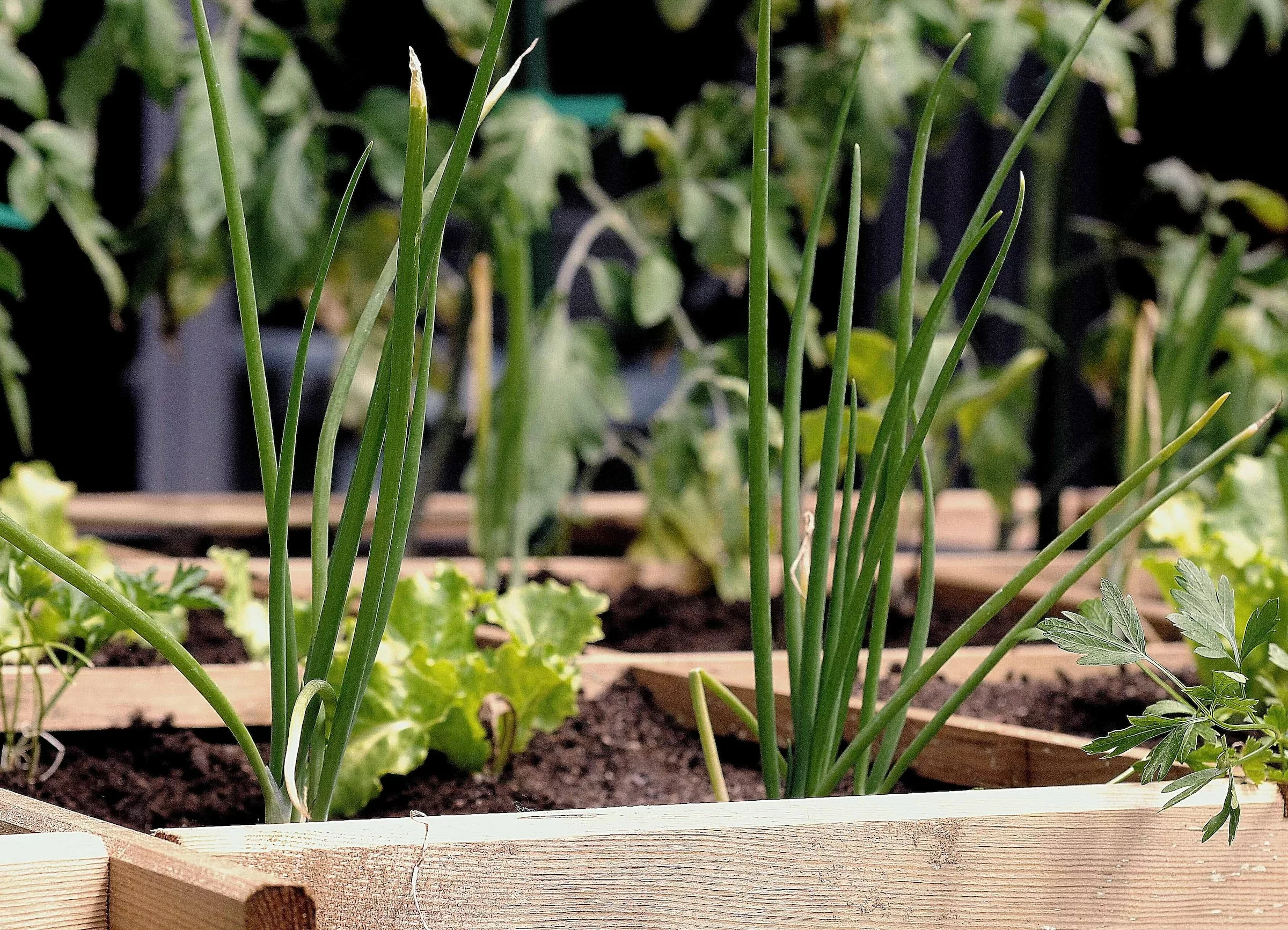As a new gardener, you may be trying to figure out the best way to manage pests in your growing haven. One tried-and-true method is companion planting. This simple technique relies on the concept that specific plants, when grown together, can help minimize pest problems and even attract beneficial insects.
Embracing companion planting can pave the way for a healthier, more sustainable garden ecosystem. Here’s why you should consider avoiding pesticides and how companion planting offers a better long-term solution.
The Dangers of Pesticide Use in Gardening

While pesticides might seem like an easy fix to your garden’s pest problems, they can have serious consequences on the environment, the garden ecosystem, and even your own health. Here are some reasons why relying on chemical pesticides should be avoided:
- Harmful to Beneficial Organisms: Pesticides are not selective and can kill beneficial insects and microorganisms that are helpful to your plants. These helpful insects and microorganisms play a crucial role in breaking down organic matter, pollination, and pest control.
- Environmental Pollution: Pesticides can be carried away by runoff, contaminating water sources and harming aquatic life. Additionally, they release harmful chemicals into the air, contributing to air pollution.
- Resistance Development: Prolonged pesticide use can lead to pests developing resistance to the chemicals, rendering them less effective over time.
- Health Hazards: Many chemical pesticides can be harmful to you and your family if they come into contact with your food or water supply. Long-term exposure may cause side effects like skin irritation, respiratory problems, or even adverse effects on the nervous system.
The Benefits of Companion Planting for Pest Control
As a more natural alternative to chemical pesticides, companion planting brings a host of benefits to your garden. Not only does it help deter pests and attract helpful insects, but it also has a positive impact on soil health and overall garden biodiversity.
- Promoting Biodiversity: Companion planting creates a diverse and balanced garden ecosystem, which is less susceptible to pest infestations and diseases. This is because a variety of plants will attract different insects and other organisms that keep one another in check.
- Healthy Soil: Certain companion plants can improve the soil by adding essential nutrients, fixing nitrogen, or promoting the growth of beneficial microorganisms. These microorganisms help break down organic matter, making nutrients available for plants and improving soil structure.
- Reducing Pesticide Dependency: Companion planting reduces the need for chemical pesticides by naturally controlling pests and promoting a healthy garden ecosystem. As a result, you’ll be protecting the environment and the health of your family.
Ideas for Incorporating Companion Planting in Your Garden
There are countless ways to initiate companion planting strategies in your garden. Below are several ideas to get you started:
- Plant Flowers: Many flowering plants not only add beauty to your garden but also attract beneficial insects like bees, butterflies, and lacewings. These insects can help with pollination and control potentially harmful pests.
- Use Aromatic Herbs: Some herbs, such as basil, rosemary, and lavender, produce strong scents that deter pests. Planting these herbs close to other plants can keep pests at bay while adding flavor and fragrance to your garden.
- Grow Cover Crops: Planting cover crops, such as clover or legumes, can help enrich the soil, fix nitrogen, and prevent soil erosion. These crops can also serve as a habitat for beneficial insects, boosting the overall health of your garden.
The Benefits of Companion Planting
Companion planting provides numerous benefits, making it a popular technique among both casual and experienced gardeners.
- Natural Pest Control: By strategically combining plants that repel pests or attract predators, you can reduce or eliminate the need for harmful chemicals in maintaining your garden’s health.
- Attracting Beneficial Insects: Certain plants are known to attract insects like ladybugs, lacewings, and parasitic wasps, which prey on harmful pests like aphids and mites.
- Improved Soil Health: Some plants enrich the soil by adding essential nutrients or fixing nitrogen. These make excellent companions for a wide variety of garden plants.
- Better Yields: When you utilize companion planting, the symbiotic relationships between your plants can lead to a more bountiful harvest.
Plant Combinations for Pest Control
There are plenty of options for companion planting to help keep pests at bay. Here are a few popular pairings to get you started:
- Marigolds and Tomatoes: The scent of marigolds deters common tomato pests like nematodes, while also improving soil quality.
- Basil and Peppers: Basil repels aphids, spider mites, and whiteflies, protecting your pepper plants from these damaging pests.
- Carrots and Leeks: Leeks can help repel carrot flies, while carrots can deter leek moth infestations.
- Nasturtiums and Cabbage: Nasturtiums are a favorite of aphids and cabbage moths, drawing these pests away from your cabbage crop.
Maximizing Your Garden’s Potential
Try these techniques to make the most of companion planting in your garden:
- Intercropping: Plant different types of crops together instead of segregating them into separate areas. When beneficial plants grow close to one another, they can support each other’s growth and ward off pests more effectively.
- Knowing Your Pests: Determine the specific pests that target your plants in your region, and choose companion plants accordingly. Some plants may work better in specific areas or climates.
- Planning Ahead: Before planting, carefully consider your garden layout to maximize the benefits of companion planting. This can be done with a simple sketch or with the aid of gardening apps available online.
By adopting companion planting strategies and avoiding chemical pesticides, you can enjoy a calm and relaxed approach to gardening that nurtures the soil, the environment, and your well-being. Happy gardening!
Join Our Gardening Newsletter for More Tips
If you enjoyed reading this, don’t hesitate to subscribe to our newsletter for a wealth of gardening knowledge and insights. Stay up-to-date on the latest gardening trends, tips, and know-how, and make your green thumb even greener.



